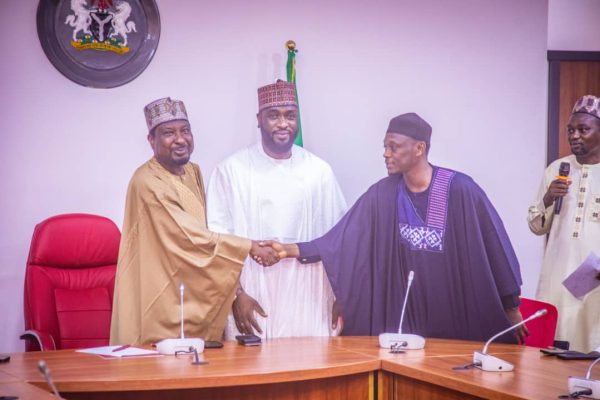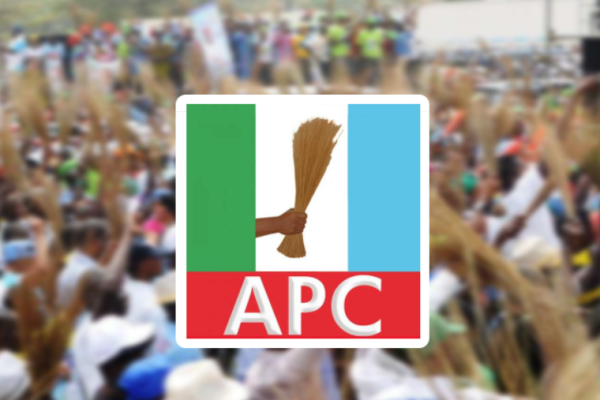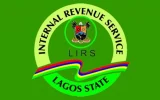Chairman of the Economic and Financial Crimes Commission Abdulrasheed Bawa stated on Thursday that three current state governors are being monitored for attempts to launder money through under-the-table payments to employees.
Bawa, who did not reveal the identities of these governors, stated that two of them were from the North and the third was from the South.
According to the intelligence at the agency’s disposal, the three governors had concluded arrangements to inject the money into the system by paying their state employees’ salaries under the table.
“Let me tell you something; the Intel that I have yesterday and I would want you to take this thing very seriously. Already, some state governors have some of this cash stashed in various houses and the rest are now trying to pay salaries in cash in their state,” he told Daily Trust.
When asked if the commission would summon the governors in question, Bawa stated that they were constantly monitoring them.
“I don’t know how they want to achieve that but we have to stop them from doing that. Well, we are working, they have not paid the salaries in cash yet but it is a very serious thing,” he said, noting that the act was against section 2 of the Money Laundering Prohibition Act.
“The law is very clear regarding cash transactions. Anybody that is to consummate any cash transaction as an individual, if it is not through a financial institution, must not be above N5m and if it is above that it is criminal for you to engage in such transaction. And for corporate entities, it is N10m.
“Yes, I agree the salaries are not up to that but why are you all of a sudden, and all along you have been paying people salaries through their bank accounts and now you want to pay them in cash, what are you trying to do? They will come under a lot of guises, they are trying to do verification of officers, that is what we have gotten,” Bawa added.
The development coincides with the Central Bank of Nigeria’s efforts to revamp the naira banknotes, including the N200, N500, and N1000 bills.
The Central Bank of Nigeria (CBN) stated on October 26 that the country’s currency would be changed to address numerous difficulties that negatively impacted Nigeria’s economy. Nigerians’ subsequent reactions to the development have been divided.














